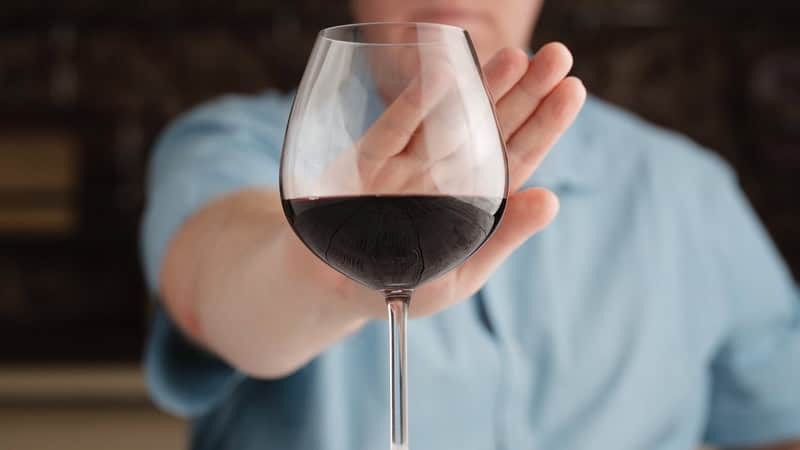Health: Hack Your Metabolism by Timing Your Meals
Weekly wellness tips for your weekly wellness

Around 5 p.m., when the day begins to wind down, your body does the opposite –cranking up to be at its calorie-burning peak, according to a recent study. “We discovered that you naturally burn about 10% more calories in the late afternoon than you do later at night,” says Kirsi-Marja Zitting, Ph.D., an associate neuroscientist at Brigham and Women’s Hospital in Boston, an instructor at Harvard Medical School and the lead author of the study, which was published in Current Biology. That’s about 130 calories that your body is torching without any extra effort on your part.
Although researchers don’t know why our calorie expenditure revs up in the late afternoon, they suspect that metabolism ebbs and flows according to our circadian rhythms. That means that at night, when we’re asleep, our systems are expending less energy, so our metabolic rate slows. Eat in those wee hours, as night shift workers do, and your body isn’t able to burn off the calories, which could eventually lead to weight gain, Zitting says. During the day, when we’re naturally active and busy, our metabolism rises, until it crests around 5 p.m.
“Previous research has shown that hunger spikes in the afternoon as well,” Zitting says. “Since that’s also when we’re burning the most calories, it makes sense that we’re hungriest then too. Our bodies may be tuned to a late-in-the-day rhythm.”
Syncing our diets to our internal clocks can have significant health benefits. Here are the most effective methods to help you do that.
Find your flow.
For general well-being, the most important thing is to maintain a regular schedule, Zitting says. “Wake up and go to bed around the same time every day,” she advises. “And have breakfast, lunch and dinner at about the same hours as well.” Your body is primed to do things at certain times. Throw its agenda out of whack and your sleep, health and weight can suffer.
Navigate the extremes.
Of course, there will be times when you can’t maintain your routine. Let’s say you get home at 10 p.m. after a crazy day. Avoid eating a big meal then because your body is in slowdown mode and is less likely to burn it off, Zitting says. Instead, have a healthy dinner earlier, before you leave work.
Similarly, on days when you need to get up at the crack of dawn, skip a big breakfast first thing. “Your body burns the fewest calories at 4 a.m.,” Zitting says. If you eat before 6 a.m., your system will store more of what you consume.
Choose your foods wisely.
It may be beneficial to eat your carbs early in the day and foods that are higher in fat at night. “Our research found that you are more prone to burn carbohydrates in the morning and lipids [aka fats] in the evening,” Zitting says. “The difference was small, but it was significant.” While she cautions that the finding is preliminary and that she and her team plan to do more research to see if it holds up, having a healthy carb-oriented breakfast (like a bowl of oatmeal) and foods that contain good-for-you fats (like avocado, cheese and salmon) for dinner may be a smart idea.

